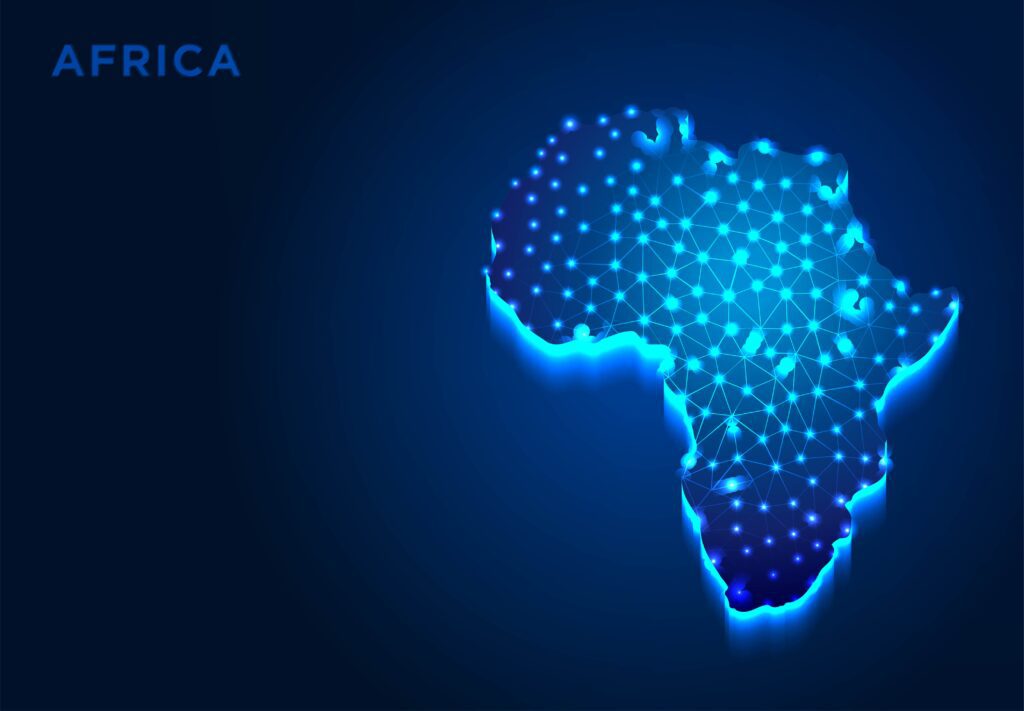AFRICA’S ECONOMIC GROWTH POTENTIAL – LESSONS FROM NIGERIA
Fondly referred to as a new frontier through various times in history, Africa holds so much potential in terms of human capital and natural resources. Unfortunately, Africa has not always lived to its potential. After an initial economic burst in the decade between 2000 to 2010 which had real GDP (gross domestic product) grow at 5.1%, the continent’s growth slowed to 3.3% between 2010 to 2019, according to McKinsey Global Institute report of 2023. The African Development Bank (African Economic Outlook 2023) also reported a further decline in the continent’s GDP to 3.8% from 4.8% in 2022 further exacerbated by the effects of the COVID-19 pandemic (.)
Several factors contribute to Africa’s slow economic growth rate, some of which include but are not limited to an overdependence on natural resources, low investment in the human capital of the continent, political instability, unstable economic policies, mismanagement of public funds, etc.
Despite the plethora of challenges facing the continent’s economic growth, African economies which are as diverse as its people offer varying degrees of resilience and success stories. Her young people who represent about 60% of the population have consistently shown that investment in human capital is ever-rewarding compared to investments in dwindling natural resources with perennial price fluctuation. They can be found in every sector of the economy and even leading new frontiers in fintech, recycling, AI, etc.

Lessons from Nigeria
Nigeria is Africa’s biggest economy and most populous black nation, giving it pride of place in the continent, but the continent’s giant as it is referred to is yet to live to its full potential. An over-dependence on crude oil with its fluctuation in price has adversely affected the country’s ability to put in place critical infrastructure needed to spur economic growth. The country also battles with frequent cuts and low energy coverage that serve as a barrier to her industrialization objectives.

Despite these challenges, Nigeria offers important success stories, from Africa’s first fintech unicorn to her recent soft power in the entertainment sector globally. It has become obvious to policymakers and experts that for Nigeria to fulfill its potential, interest in diminishing natural resources has to give way to investment in human capital development. Nigeria’s greatest resources are her people, especially her young population who on their own are driving the country’s SMEs, leading innovations in the service industry and tech space.

To this end, Nigeria has begun various initiatives geared towards improving the skills and capacity of her young people. In 2011, the administration of former President Goodluck Jonathan started the YouWin Program, a youth development scheme that offers grants to small business owners after appraising their business plans. The administration of former President Muhammadu Buhari also started a similar scheme called N-Power.
Though there are differences in opinion as regards the impact of such schemes, especially their continuity, an important conclusion that we can all reach is the common consensus of Africa’s young people and their role in the development of the continent. This kind of investment is important in reducing brain drain in the continent as a result of the migration of her skilled workforce. Timely and strategic investment in young people will turn the continent’s large young population into a skilled workforce, driving rapid economic development.
Africa remains the continent of the future, its resilient and young population just needs to be given a stake in its affairs.




